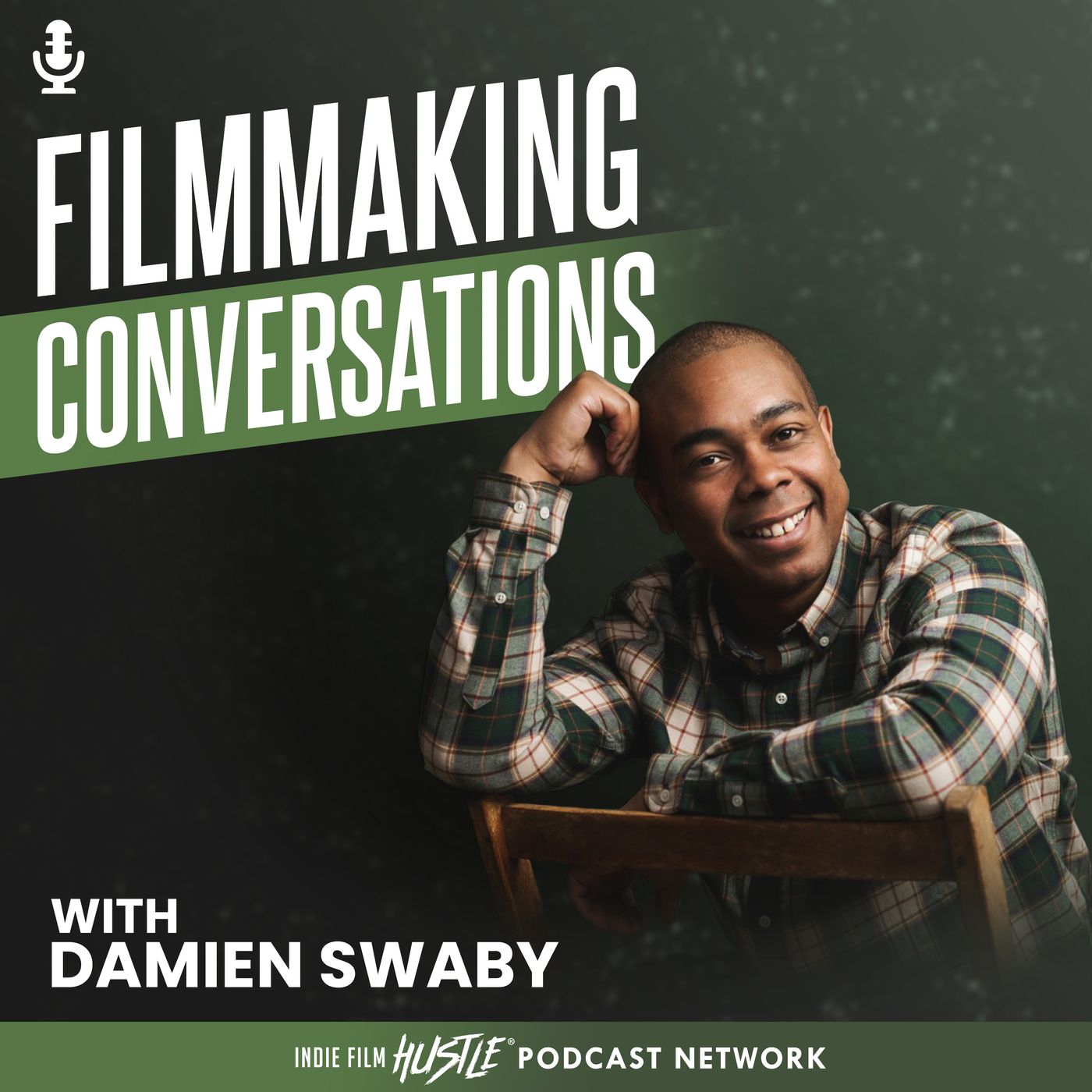Ep 263: Remembering Robert Redford: How a Career Rewired Indie Filmmaking
Update: 2025-09-16
Description
Episode Summary
Recording from the spare room, Damien reflects on Robert Redford’s passing and maps how Redford’s career choices—as star, director, producer, and institution-builder—reshaped the conditions for independent filmmaking. From championing adult, character-driven stories to proving quiet films can win big, this episode translates Redford’s moves into practical takeaways you can use on your next shoot.
Key Takeaways:
Recording from the spare room, Damien reflects on Robert Redford’s passing and maps how Redford’s career choices—as star, director, producer, and institution-builder—reshaped the conditions for independent filmmaking. From championing adult, character-driven stories to proving quiet films can win big, this episode translates Redford’s moves into practical takeaways you can use on your next shoot.
Key Takeaways:
- A bankable star choosing adult, idea-forward dramas expands mainstream appetite for intimate stories.
- Ordinary People validated quiet, precise filmmaking at the highest level—proof that small can be prestigious.
- Redford’s producing/directing showed that authorship is a business plan: attach taste and protect tone.
- All Is Lost licensed formal minimalism—audiences will follow honesty and behavior.
- The ethos behind Sundance—artist-first, risk-tolerant, community-powered—grew directly from his career instincts.
- “Curation is career—Redford proved that picking brave scripts changes the weather for everyone.”
- “You can stabilize a shot; you can’t fake a revelation.”
- “Small isn’t a limitation—it’s a design principle.”
- Butch Cassidy and the Sundance Kid (1969)
- All the President’s Men (1976)
- Ordinary People (1980) — dir. Robert Redford
- Quiz Show (1994) — dir. Robert Redford
- All Is Lost (2013)
Comments
In Channel





